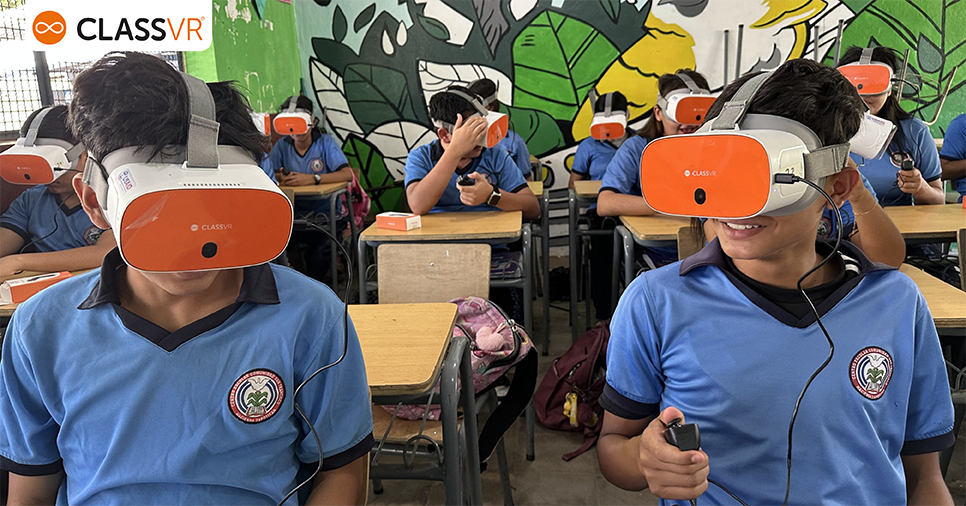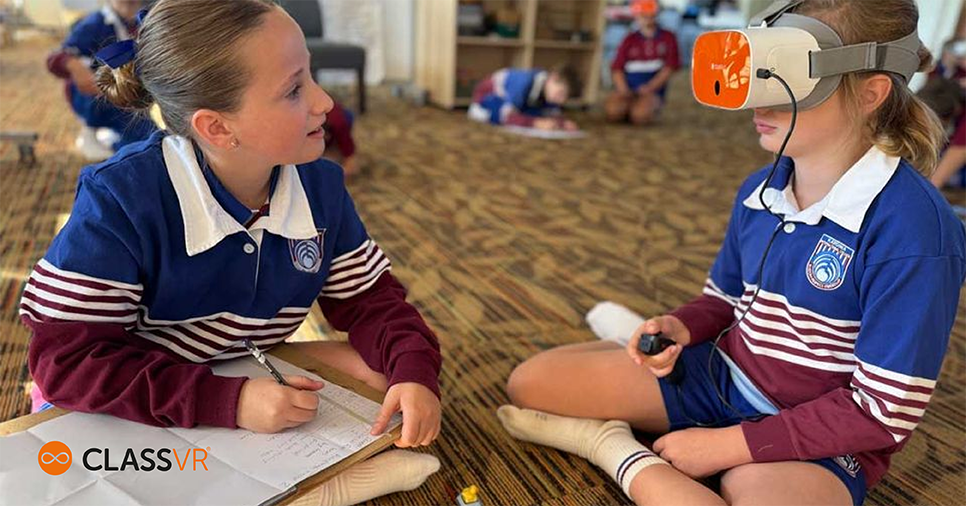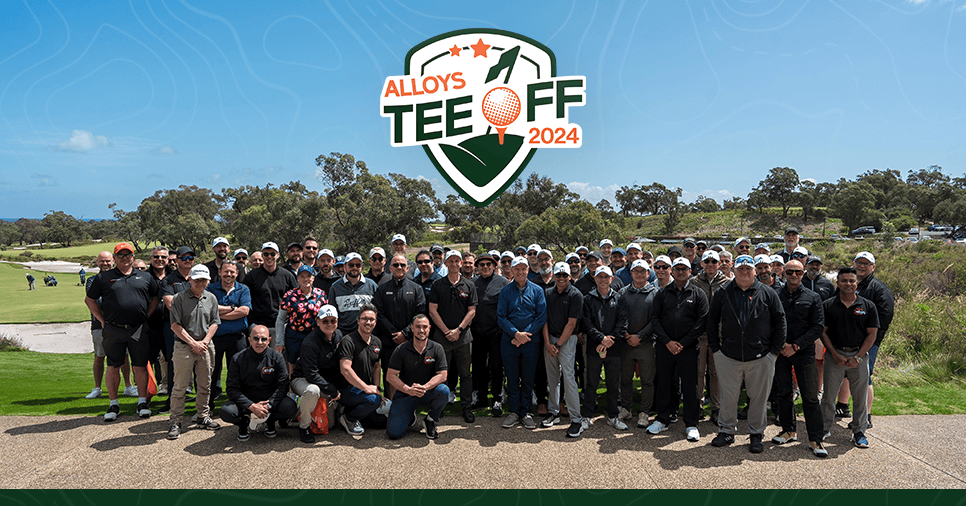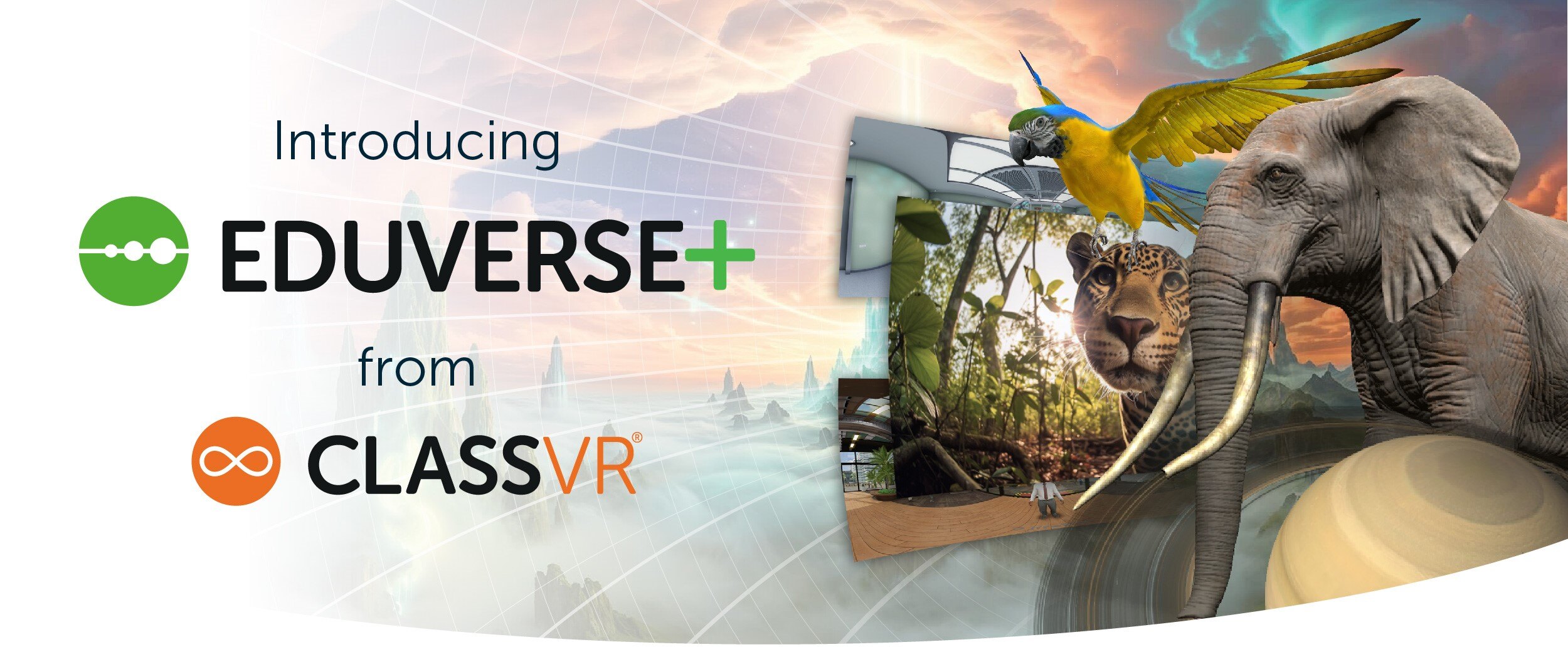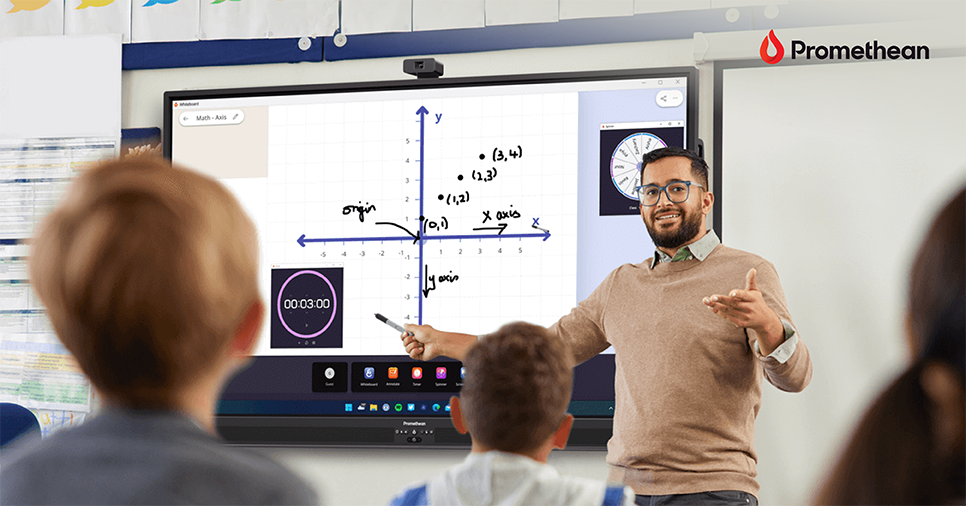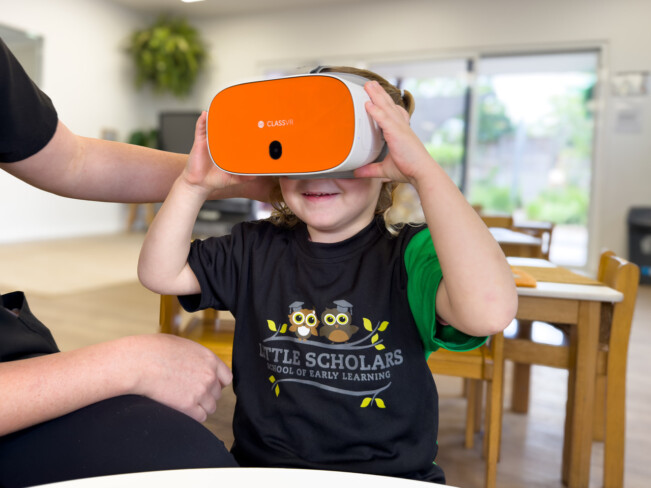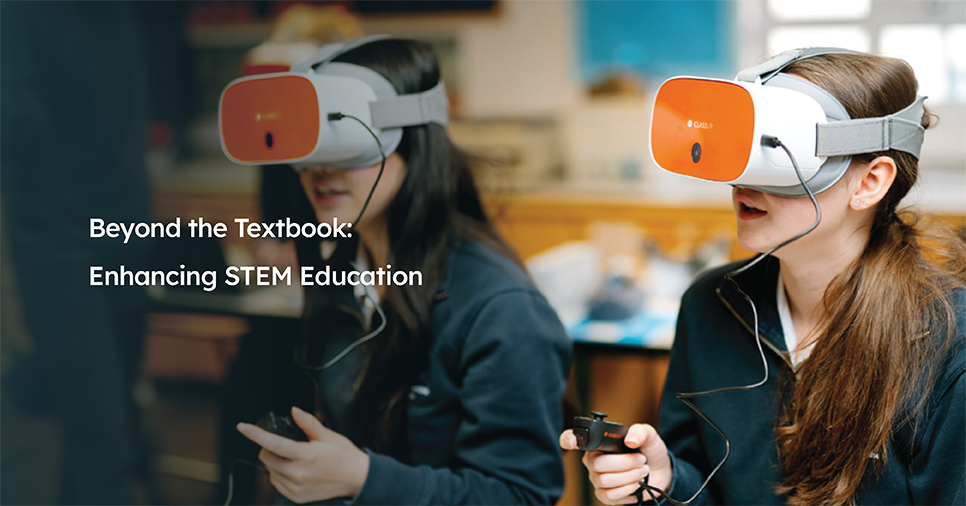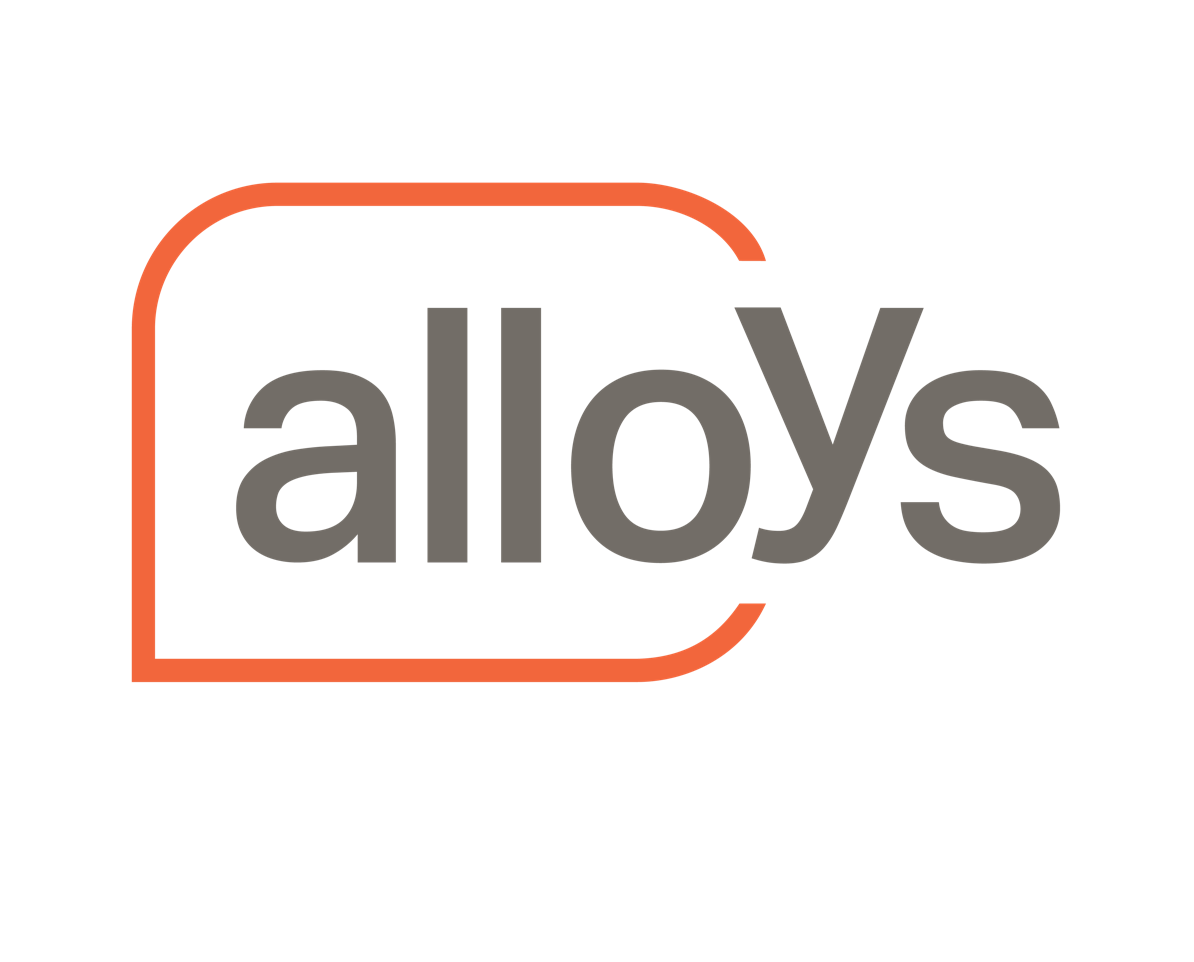
Alloys
The Power of Virtual Reality in Education
Virtual Reality (VR) technology is revolutionising the educational landscape, providing immersive and interactive learning experiences that traditional methods simply cannot match. In El Salvador, this cutting-edge technology is being harnessed to address significant challenges in public education. With VR, students can explore complex scientific concepts, visit distant places, and experience historical events firsthand, making learning both engaging and memorable.
The potential of VR in education is enormous. By creating an environment where students are active participants rather than passive recipients, VR fosters a deeper understanding of the subject matter. This is particularly beneficial in regions like El Salvador, where access to quality educational resources can be limited. VR breaks down these barriers, offering students in rural and vulnerable communities the same opportunities to learn and grow as their urban counterparts.
Study Insights: VR's Impact on Student Engagement
A recent study conducted by VR Latam and FEPADE sheds light on the profound impact of VR on student engagement in El Salvador's public schools. The study involved 317 students aged 14 to 18 across seven schools, comparing the effects of VR-based science lessons with traditional teaching methods.
The findings were remarkable. Students using ClassVR headsets showed significantly higher levels of engagement and motivation. The immersive nature of VR captured their attention, making learning an exciting and enjoyable experience. This contrasts sharply with the control group, who received traditional instruction and exhibited lower engagement levels.
Enhanced Knowledge Retention with ClassVR
One of the most striking outcomes of the study was the improvement in knowledge retention among students using VR. The research employed a pretest-posttest control group model, where retention scores were measured before and after the intervention. The results were clear: students in the VR group demonstrated a 35.2% increase in retention scores, while the control group showed a minor improvement of just 2.66%.
These gains were consistent across various science topics, with the most significant improvements observed in abstract areas such as electric charge and Coulomb’s Law. This suggests that VR not only makes learning more engaging but also helps students retain complex information more effectively.

Empowering Educators through Training and Support
The successful implementation of VR in education relies heavily on the support and training of teachers. In El Salvador, each participating institution was equipped with a fully operational ClassVR laboratory, including 24 headsets and access to a curated library of immersive educational content. To ensure a smooth transition, teachers received 16 hours of in-person training focused on content design and the integration of VR into classroom instruction.

This comprehensive training equipped educators with the skills and confidence needed to effectively use VR technology in their lessons. Additionally, the initial classes were co-facilitated by VR Latam’s team, providing hands-on technical assistance and pedagogical guidance. This support was crucial in ensuring that the technology was used consistently and effectively across all schools involved in the study.
Transformative Benefits for Rural and Vulnerable Communities
The introduction of VR in El Salvador’s public schools has had a transformative impact, particularly in rural and vulnerable communities. These areas often face significant challenges, including limited access to quality educational resources and technology. VR has the potential to bridge this gap, providing students with engaging and interactive learning experiences that were previously out of reach.

By making learning more accessible and enjoyable, VR helps to level the playing field, offering students in these communities the same opportunities to succeed as their peers in more affluent areas. This is not just about improving educational outcomes; it’s about empowering students to reach their full potential, regardless of their background or circumstances.
Future Perspectives: Scaling VR in El Salvador's Public Schools
The success of the VR initiative in El Salvador’s public schools highlights the potential for scaling this technology across the country. With the right support and investment, VR could become a standard tool in classrooms, transforming the educational experience for students nationwide.
Future efforts could focus on expanding the VR curriculum to cover a wider range of subjects and integrating more interactive and immersive content. Additionally, ongoing training and support for teachers will be essential to ensure that they can continue to effectively use this technology in their classrooms.
In conclusion, the implementation of VR in El Salvador’s public schools has shown that this innovative technology can significantly enhance student motivation and retention. By providing engaging and immersive learning experiences, VR has the potential to transform education in El Salvador and beyond, offering students new opportunities to learn, grow, and succeed.

